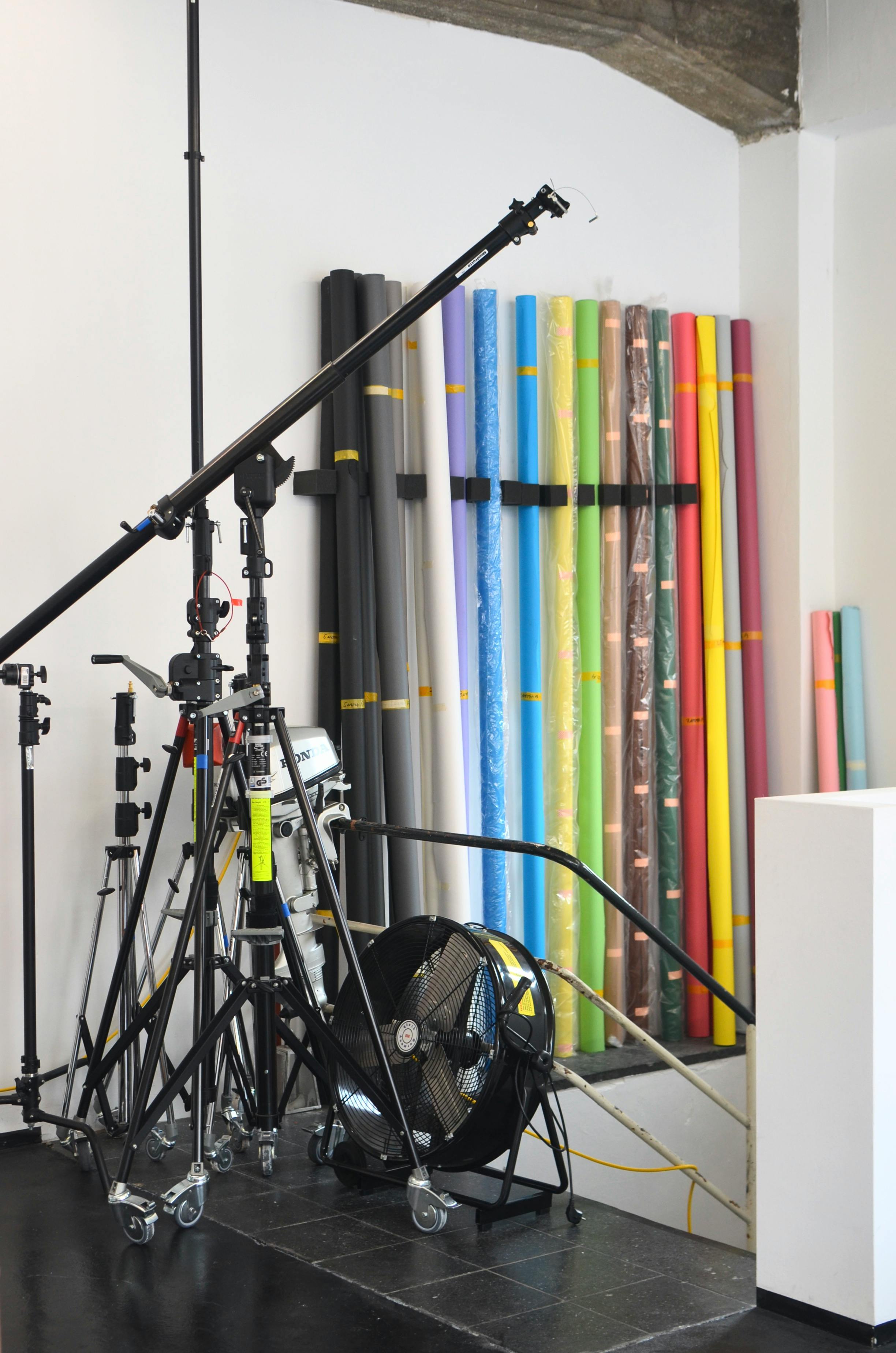New Controversy Surrounding Child Sex Dolls and Legal Loopholes In recent months, the sale of child sex dolls has ignited heated debate and controversy, particularly in Australia. Despite ongoing discussions about their ethical implications, the market for such items appears to be growing, with concerns highlighted about the loophole that allows these dolls to be marketed and sold without significant regulatory oversight. Legal Concerns Regarding Sales Reports have indicated that dolls sold in Australia are frequently classified in a manner that circumvents existing laws. Specifically, some providers exploit a heads harness loophole that allows for the sale of dolls sold without heads, which can be structured to evade stricter regulations. This harness loophole Australian practice has garnered criticism, particularly from child protection advocates who argue that the availability of such products sends a harmful message. Investigations by the This link (www.abc.net.au) is not approved. Submit this link for approval have illuminated the disturbing implications of this issue and prompted calls for legislative reform. Impact on Society and Regulation The rise in child sex dolls sold is alarming to many, prompting urgent discussions about how these products may normalize harmful attitudes towards children. The Australian government is now under pressure to address the loophole Australian broadcasting provides for these sales. Activists are advocating for comprehensive legislation that addresses the manufacture, sale, and distribution of sex dolls, particularly those depicting children. In the wake of mounting concern, several lawmakers are examining potential bans or regulatory frameworks that encompass both the products and their distribution channels. This discourse is part of broader societal efforts to protect children from exploitation, emphasizing the need for proactive measures in the digital age. …the next moment changed everything










